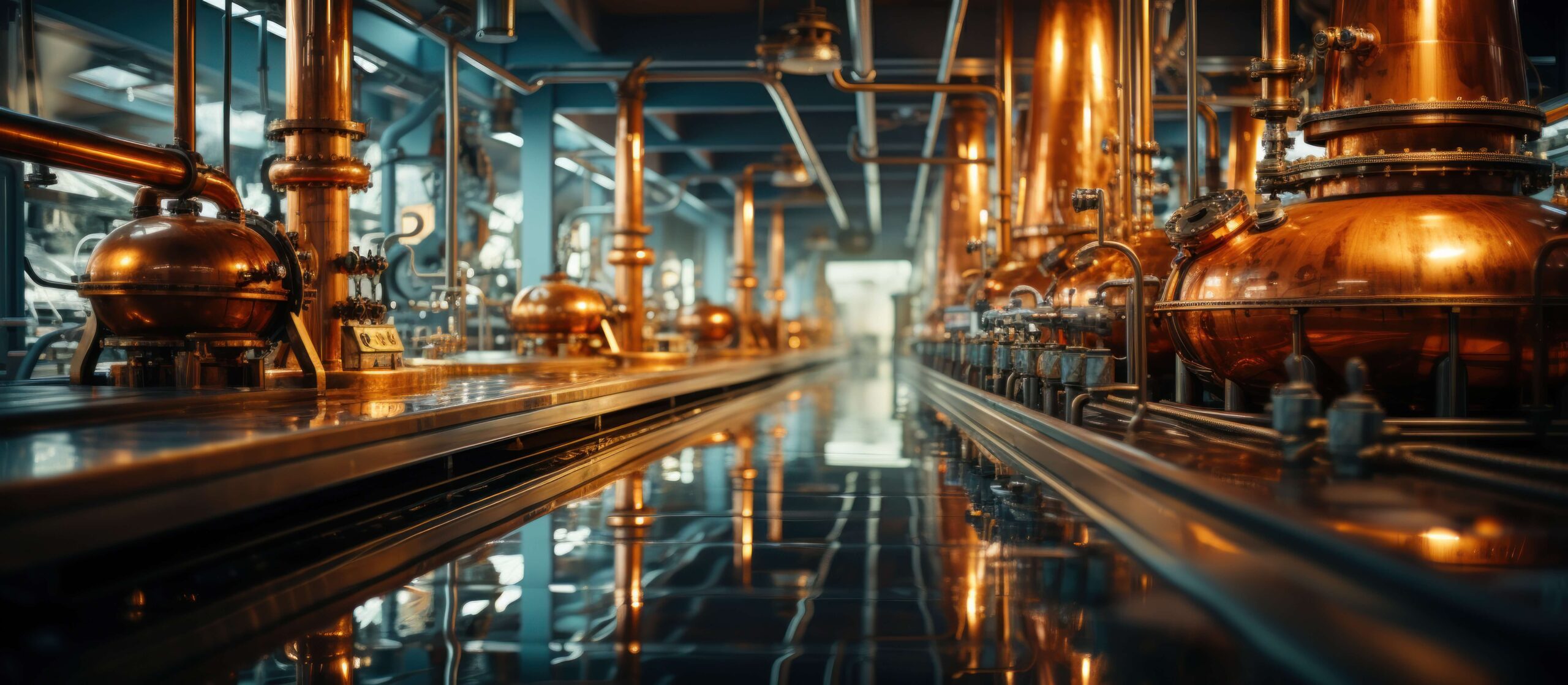Denounce with righteous indignation and dislike men who are beguiled and demoralized by the charms pleasure moment so blinded desire that they cannot foresee the pain and trouble.
Read More Modular Packaged STP Plants
Ultra Small Foot Print Skid Based Installation

Silent Operation

Smallest Footprint

Smallest Footprint

No Bacteria No Smell

Automatic Disinfection

Automatic Disinfection

Lowest Running Opex Cost

Simple On/Off Operation

Simple On/Off Operation

Non-Toxic, Non-Leaching Sludge

Re-Cycle & Re-Use Treated Water

Re-Cycle & Re-Use Treated Water
Conventional STP Limitations
Sewage Treatment Plant
How We Treat Sewage Water
Futura STP plants are fully modular, extremely compact, fully integrated skid based and selfcontained, fully automated and a single-piece packaged system for onsite sewage water treatment.
Our electrochemical process involves the electrolytic
oxidation of a sacrificial anode, liberating metal ions that
generate coagulants. These coagulants destabilize
pollutants and emulsions, resulting in the formation of
flocculants that rise to the surface for removal.
The STP is designed as a continuous process and so are the downstream processes for
sludge separation, ozonation and tertiary treatment of the semi-treated water. For recycle and re-use of STP treated water for non-contact purposes, an Ultra-Filtration (UF)
followed by UV is provided.

Our Enhanced Dissolve Air Flotation (DAF) technology efficiently removes the floating
sludge layer. Alternatively, the entire sludge slurry can be processed through either a
plate and frame Filter Press or a Dewatering Screw Press.

Final output from our STP is comparable in quality to regular utility water. It can be
directly reused for various purposes such as cooling water systems, irrigation, and
boiler requirements. Our state-of-the-art modular STP’s are tailored to each clients’
needs, offering eco-friendly and legislation-compliant solutions that are both easy to
install and operate while being economical to maintain. Our STP reactor’s unique
design eliminates the need for internal mechanical moving parts, except for pumps,
requiring minimal maintenance and supervision, thus simplifying its operation. At
FUTURA, we prioritize environmental compliance and ensure adequate protection for
our customers’ sites.
Derived Efficiencies
Parameters
pH
BOD ppm
COD ppm
TSS ppm
Oil & Grease ppm
Ammoniacal Nitrogen ppm
Fecal Coliform MNP/100 ml
INLET to STP
6.50 – 8.50
< 650
< 1500
< 350
< 50
< 50
<1000
OUTLET from STP
6.50 – 8.50
< 10
< 30
< 5
< 1
< 1
<50
Unique Features and Applications
While STP systems and treatments are typically uncomplicated and direct, our STP
process technology employs oxidation process technology, which enables it to
address a variety of unconventional sewage generation applications. A few examples
of such applications are outlined below:
- Sewage generation from Sulphur based pesticides and herbicides
- facilities Heavy Metals (like Zinc, Molybdenum, Arsenic, Copper etc.)
- Colloids and Total Suspended Solids (TSS) with presene of Silica & Fine Clay
- Healthcare facilities containing blood and / or blood serum / bio-hazards
- Domestic effluent with processed food / canteen waste streams laden with Fats,
Oil and Grease - Bacteria (E. coli, Selenium, Cyanotoxins) and Algae (HAB) Removal
- Sewage combined with Cooling Tower Blow Down
- Residual color and odor from domestic water
- Where Fully Automated, Simple and Continuous Treatment of Sewage Required
Capacity & Models
Futura STP and STP packaged systems are available in a range of capacities, starting
from 1000 LPH and extending up to 1000 KLPH. These systems are custom-designed
using thermoplastic composites or MSEP (with SS304 as an option). Our STP systems
are fully integrated and skid-mounted, with a modular design that incorporates a
PLC/micro-controller programmed control panel box.
Additionally, the STP’s continuous process design requires significantly less floorspace (up to 90% less) compared to conventional systems, thanks to the low
residence time of treatment. It’s worth noting that FUTURA STP plants can be
constructed and erected as vertical steel structures or can be installed on RCC building
terraces, among other possible options.
Futura STPs exhibit the potential to achieve high removal efficiencies of color, chemical
oxygen demand (COD), and biochemical oxygen demand (BOD). Moreover, they offer a
more efficient treatment process compared to traditional biological treatments, which
are limited by specific conditions and struggle to treat wastewaters with high toxicity,
xenobiotic compounds, and varying pH levels. The Futura EHO process presents a
viable solution for treating multifaceted wastewaters, including industrial, agricultural,
and domestic sources.







